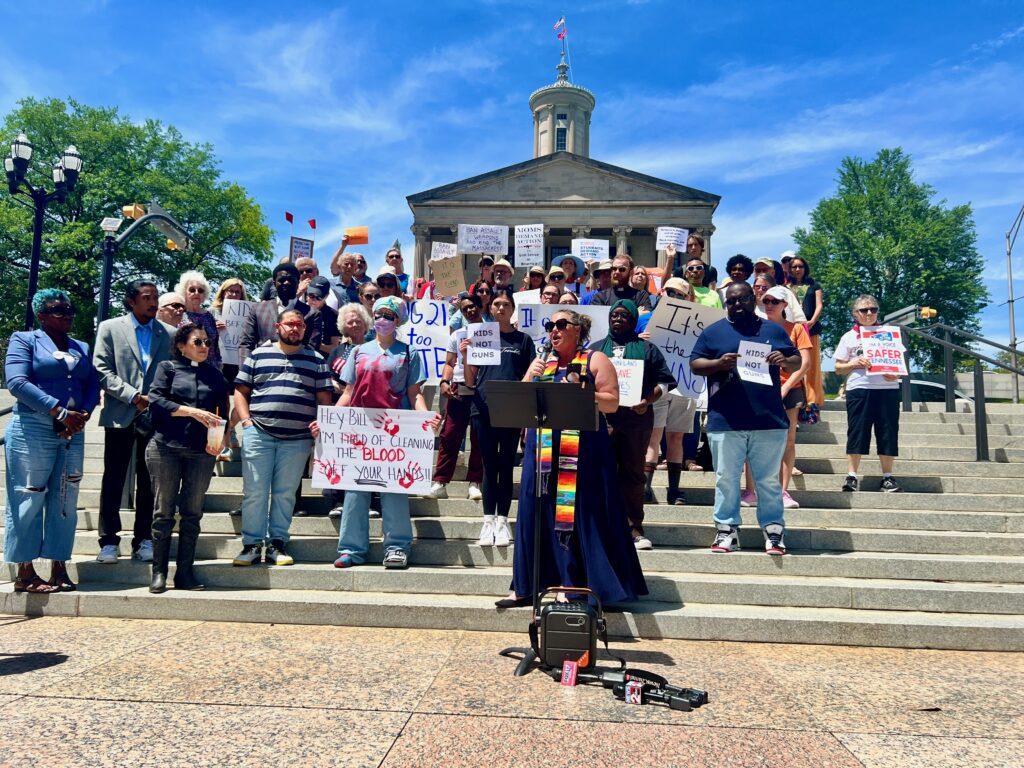
Lawmakers are set to reconvene later this month for a special legislative session on public safety. The regular session earlier this year drew protesters, demonstrating for gun reform after the Covenant School shooting.
Leaders in the statehouse have a different idea of what safety means.
“There’s a lot of crime going on with juveniles in our state, and so we need to look at toughening juvenile laws,” says House Speaker Cameron Sexton.
Juvenile crime in Tennessee has decreased by nearly 57% over the past decade, according to data from the Tennessee Bureau of Investigation.
Sexton told the Tennessee Firearms Association that he would like to raise the age at which youth can have their records expunged and lower the age at which they can be tried as adults.
Tennessee already has some of the strictest laws on juvenile sentencing in the country. Last year, the Tennessee Supreme Court ruled that the state’s practice of sentencing minors to life in prison amounts to cruel and unusual punishment.
“However, the state legislature has not changed the actual statute in order to go along with the what the Supreme Court said,” says Nashville Juvenile Court Judge Sheila Calloway.
She says that stricter punishments for teenagers have led to higher rates of people returning to prison.
“We did more harm to our youth than we did good. For those youth that go deep into the system, their recidivism rates go higher,” Calloway says. “When they get out, they tend to not be able to survive in our community, and they end up being institutionalized.”
Calloway says that’s why other states are changing how they sentence youth.
“When they changed the age of jurisdiction of juvenile court, they’re actually going older. They’re going up to 21, 25, because that’s what the brain science says, is that our brains don’t fully develop until we’re around 25.”
In a statement to WPLN News, Cameron Sexton says, “Adult offenders in Tennessee continue recruiting juveniles to commit violent crimes because they know current penalties for juveniles are incredibly soft. All one has to do is look at juvenile crime rates in Memphis over the last 12 months to see the impact of weak sentencing and weak prosecution of juvenile offenders.”
Juvenile crime rates in Memphis have trended downward from 2012 to 2022 at a higher rate than the rest of Tennessee, with a nearly 77% decrease in juvenile arrests compared to the statewide decrease of nearly 57%. That trend has held true in the TBI crime report from 2021 to 2022. The Memphis Police Department has arrested roughly 300 fewer minors year-over-year.

